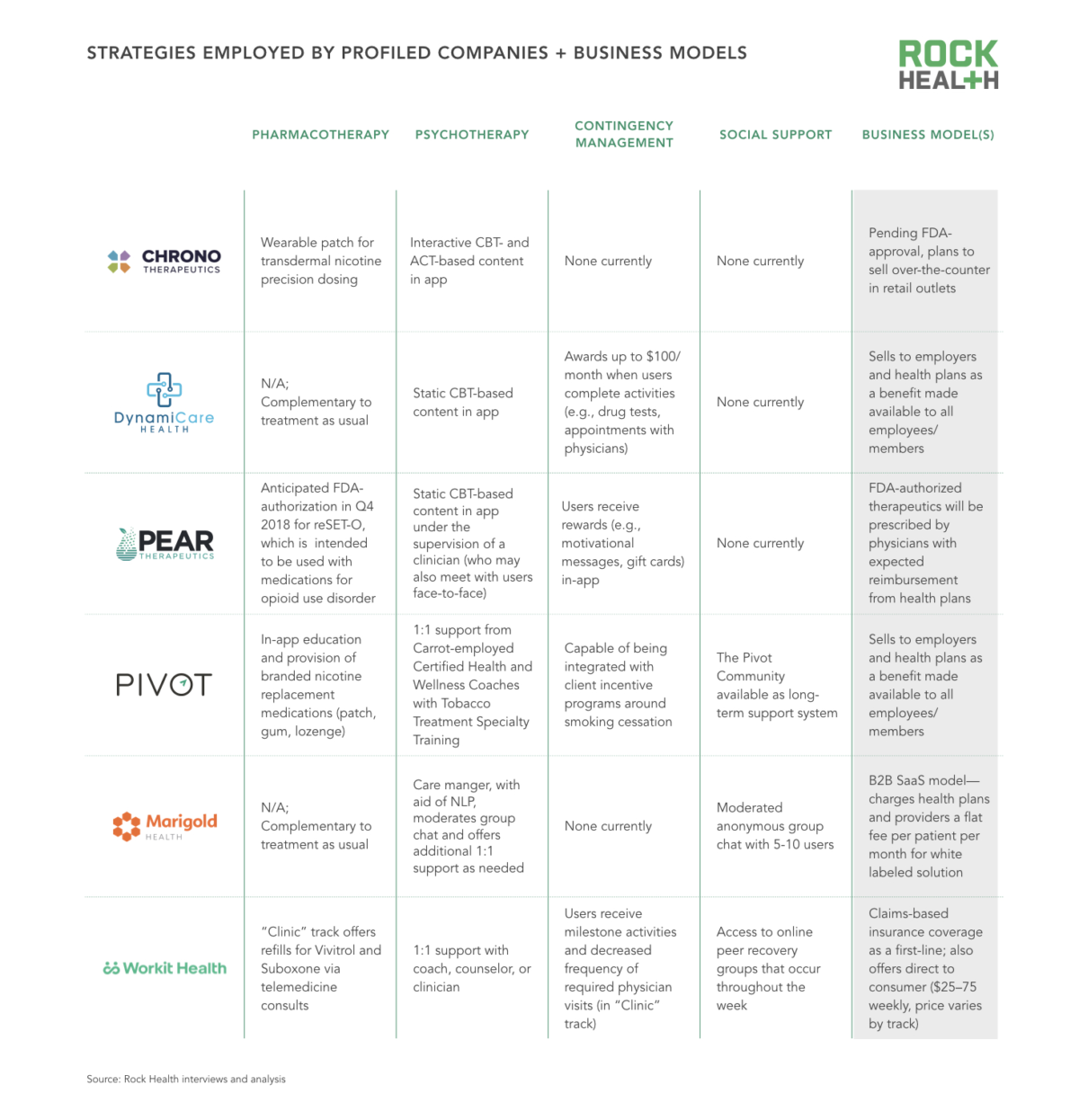However, a number of lines of proof implicate a sleep stage called Rapid Eye Movement. After you drop off to sleep, your brain gets in 3 gradually much deeper phases of non-REM sleep, which is mostly dreamless. After about 90 minutes, it goes into REM sleep, which is when most dreaming happens. Usually, the brain will cycle through these phases numerous times in the course of a night's sleep, with the Rapid Eye Movement stages getting progressively longer.
Research study suggests that we process psychological memories during healthy Rapid Eye Movement sleep, helping us "unlearn" frightening or uncomfortable experiences. Els van der Helm and Matthew Walker, sleep researchers at the University of California, Berkeley, have actually speculated that the regular pattern of psychological processing that takes place throughout REM sleep breaks down in people with depression.
Interestingly, in some people, overall sleep deprivation can rapidly raise anxiety, though only momentarily. Van der Helm and Walker believe that this might work in much the same method as the antidepressants by denying the brain of this inefficient kind of Rapid Eye Movement. Problems with Rapid Eye Movement sleep also appear to play a role in post-traumatic stress condition (PTSD).
A review of research study suggests that the drug prazosin, which physicians generally recommend for hypertension, can ease the headaches of military battle veterans with PTSD.Noradrenaline suppresses Rapid Eye Movement sleep. By decreasing the hormone's concentration in the brains of veterans with PTSD, prazosin might promote more effective Rapid Eye Movement, which then removes the emotional label that is triggering their reoccurring headaches.
In addition to examining the incidence and nature of sleep troubles in individuals with these conditions, the scientists will randomly designate individuals with sleep problems to get either their usual care or treatment at a sleep center. Describing their upcoming study in the journal BMC Psychiatry, the psychiatrists compose:" Regardless of a high occurrence of sleep disorders and established unfavorable impacts on psychological health, little attention is paid to sleep problems in psychological health care.
Some Known Incorrect Statements About How Mental Health Affects Our Society
Sleep is as important to our health as eating, drinking and breathing. It allows our bodies to fix themselves and our brains to https://what-type-of-drug-is-cocaine.drug-rehab-fl-resource.com combine our memories and procedure information. Poor sleep is linked to physical issues such as a weakened body immune system and mental health issue such as stress and anxiety and anxiety.
This includes basic methods to enhance your 'sleep hygiene', such as changing the light, sound and temperature level in the bed room and altering your consuming, drinking and workout routines, recommendations which can likewise be found in Sleep Well, our useful pocket guide to much better sleep. The report likewise consists of recommendations on how Cognitive Behavioural Treatment can be more efficient in assisting people with long-lasting sleeping disorders than medication, and how NHS policy might be altered to reflect this truth.
Have you ever gone to sleep stressed about an important, morning meeting? You understand you need to be well rested in order to put your best foot forward, so you invest the whole night lying wide awake thinking of how you actually require to drop off to sleep? It's something we have actually all knowledgeable.
Handling the unusual agitated night is something, but for numerous people, restlessness isn't an isolated occurrence. In reality, it's estimated that 40 million Americans have a chronic sleep disorder. And with sleep and psychological health being so closely associated, there's an undeniable connection happening. 50% to 80% of individuals seeking psychological health care likewise suffer problems with sleep, and those who are experiencing depression, anxiety, or ADHD are particularly most likely to face sleep also.

Nevertheless, more current research has recommended that this may not be the entire story. These research studies have found that sleep disruptions might in fact be working as a trigger, raising your risk of establishing a psychological health condition. While scientists aren't exactly sure why this is, they have actually discovered some connections.
Some Ideas on How College Affects Mental Health Of Students You Need To Know
Research studies have revealed that Rapid Eye Movement assists our brains enhance discovering skills, memory, and total psychological health. When this kind of sleep is interfered with, our neurotransmitters and stress hormones are likewise disrupted. For that reason, this disruption can worsen any already-present signs of psychological health conditions and vice versa. Numerous studies have actually revealed that up to 90% of adults and children with anxiety also suffer from some form of sleep problem.
One longitudinal study discovered that individuals with sleeping disorders were four times more likely to establish anxiety than their non-insomniac counterparts. A number of other research studies have actually taken a look at the relationship in between sleep and anxiety in young people. Surprisingly, they discovered that sleep issues began prior to their depression did. It's estimated that majority of grownups suffering from generalized anxiety disorder likewise have sleep problems.
Being distressed can make it challenging to fall or stay asleep, which can then cause stress and anxiety about losing sleep. One study found that over half of individuals affected with both sleep issues and anxiety established stress and anxiety specific to falling asleep in the evening. Similar to anxiety and sleep, losing quality rest can enhance the signs of anxiety.
There are fewer research studies on the effects of ADHD on sleep, but numerous grownups and kids with ADHD will grumble of comparable sleep disturbances. Numerous victims will regularly experience "perverse sleep" being awake when it's time for bed and being tired when it's time to be awake. People with ADHD will often report concerns with going to sleep, remaining asleep, and getting deep, restful sleep.
Recognizing the power of sleep and its relationship with mental health is more important than ever in today's hectic, uneasy culture. Understanding how one impacts the other not just helps in getting the most precise diagnoses, however also aids in improved treatments for both conditions. To discover more about Neurocore's med-free sleep program, provide us a call at 800.600.4096.
The Facts About How Nutrition Affects Mental Health Uncovered
Do you typically work longer in the night? Do you invest a lot of time partying with pals into the early hours? Or do you have kids who often keep you awake during the night? With work, household and other life dedications, a number of us simply do not get the suggested 7 or eight hours of sleep.
It can be simple to dismiss sleep as not being important in maintaining a psychologically healthy way of life but are we missing out on a trick? How important is a great night's sleep to how we function mentally? of explains why sleep is so important to our, and what we can do to assist improve our sleeping routines - how self-esteem affects mental health.
The outcomes of one research study (Yoo, Gujjar et al (2007 ). A deficit in the ability to form new human memories without sleep. Nature Neuroscience, 10( 3 ), 385-392) indicate that a night of relaxing sleep may 'reset' brain reactivity in order to get ready for emotional challenges the next day. Sleep has a crucial corrective function in 'recharging' the brain at the end of every day, much like we need to charge a cellphone battery after prolonged use.

Ongoing poor sleep can be a substantial danger element for the advancement of significant depressive disorder. The threat of feeling and/or (along with worsening existing stress and anxiety and depression) increases with the intensity of, therefore it is necessary to acknowledge and arrange out sleep problems as quickly as they are identified.